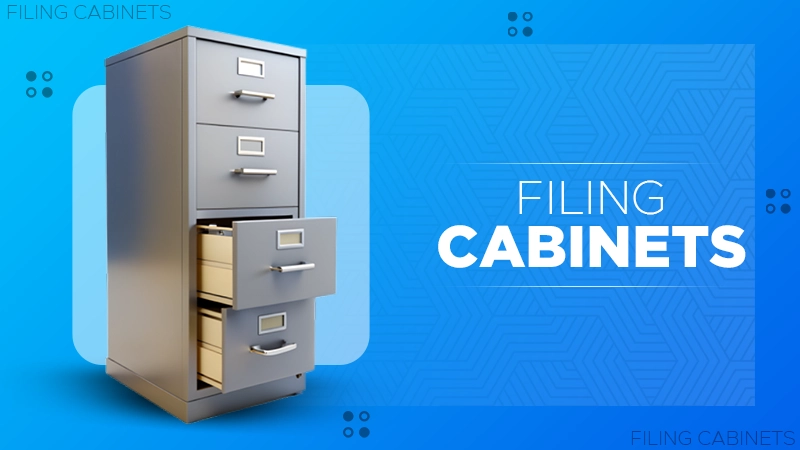What Is an Interstate Custody Agreement?
Custody battles are devastating. No matter what side you are on, there is a lot of bitterness and stress. Not only do you have to deal with the pain of watching your children cry when they don’t get to spend time with their other parents, but you also handle the emotional stress and financial cost as you fight in a court of law for your custody rights.
A team of family law attorneys can help draft an agreement on which both parents can agree, providing the best possible parenting scenario for their children. It will help make the process less painful and potentially prevent mistakes that may cost you in the long run. Read on to learn about an interstate custody agreement and how it works.
How Does Interstate Child Support and Child Custody Work?
An Interstate Custody Agreement is a court order that allows parents to share custody of their child when the parents stay in different states. The law that determines how interstate child custody and child support laws work is the Uniform Child Custody Jurisdiction And Enforcement Act (UCCJEA). Also, there is the Interstate Family Support Act (UIFSA). They are designed to give children equal access to both parents by ensuring they have legal authority over their child’s life.
The role of UIFSA is to enforce jurisdiction in different states. It holds parents accountable regardless of where they stay, avoiding a lot of deadbeat parents. If a parent is awarded custody and the other parent decides to move from the jurisdictional area where the support was awarded, you must file a UIFSA petition.
UCCJEA law prohibits awarding custody to one parent in one jurisdiction and entering into a custody dispute with the other parent in another. In addition to enforcing the original order throughout the United States, this law ensures that it is enforced throughout the country. Taking the child from that state would render the custody agreement unenforceable. If either party moves out of jurisdiction, a UCCJEA affidavit must be filed with the court. Affidavits do not invalidate the original agreement; they add legal weight to it in states and jurisdictions where the UCCJEA applies.
The UCCJEA provides interstate and intrastate custody determinations and procedures for enforcing child custody orders, including establishing paternity. It also protects from abuse and neglect of children by parents or others who have significant responsibility for their care or control.
The UCCJEA takes into account not only the best interests of the child but also the “best interests of the parents” when making decisions about custody and visitation. The Act also requires courts to consider whether removing a child from its home will harm it or other family members; courts must take steps to prevent that harm.
How Does the Court Decide on Custody Arrangement According to the UCCJEA Act?
This Act aims to give all states a standardised system of handling custody issues so that parents do not have to worry about the laws in the state they live in when deciding what to do with their children. In addition, it guides how parents should be treated when they disagree with each other over custody arrangements.
- The child’s home state must be where a parent has resided for six months before the commencement of legal action or, in the case of an absent child, the state where one of the children’s parents is still residing.
- The home state may decline to exercise jurisdiction in cases with a more appropriate forum.
- Children and parents should have connections to the state beyond mere physical presence in the state, such as teachers, doctors, grandparents, etc.
- A court may exercise vacuum jurisdiction when no state satisfies the three tests above.
As a result, the UCCJEA states that only one state may issue a child custody judgement if more than one state meets any of the above criteria simultaneously. The decision of one state court will be binding on another if the first state court issues a ruling.
Taking and retaining a child in an unfamiliar state for it to become a home state will result in the parent losing custody.
Read This Also: What to Do If You’ve Changed Your Mind About Getting a Divorce
In most cases, custody is transferred, either legally or through mutual agreement, within the state of origin. The judge then drafts a special court order to enforce the interstate custody agreement. These documents can vary depending on the state in which they are applicable. These agreements are just like any other legal document. They must be written, signed, and filed in court to be valid. Interstate custody transfer is possible with some preparations, but you need a lawyer to help you take care of all the legal paperwork involved in this process.
Next, can read: How to Adopt a Baby











